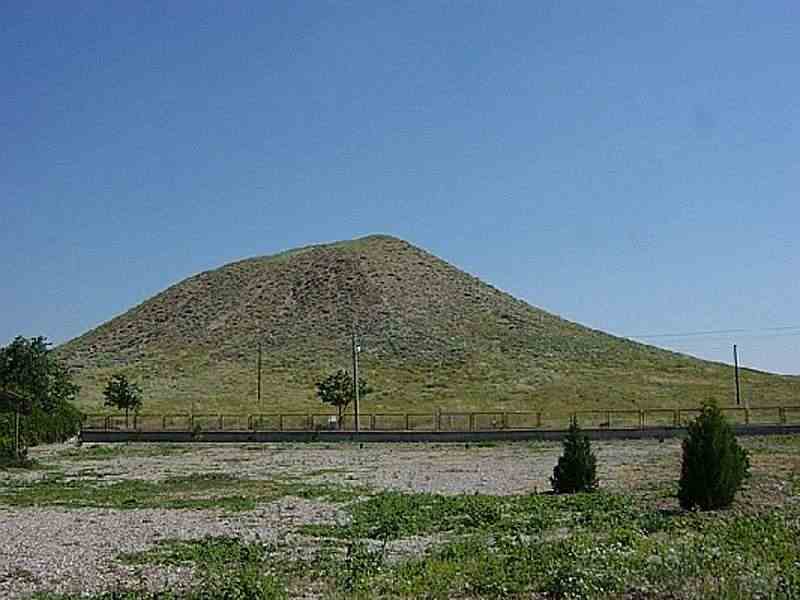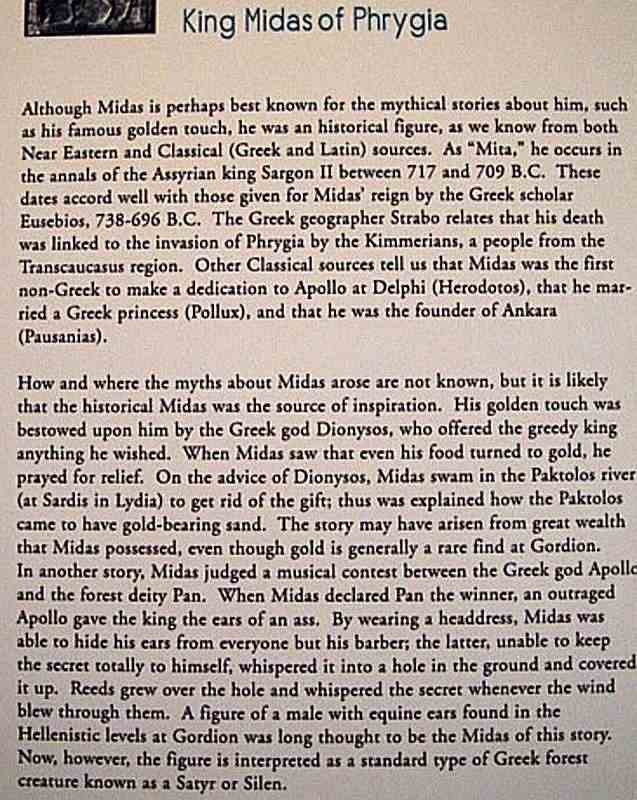Ataturk chose it in the 1920s to be the capital of Turkey to remove the influence of Istanbul over the country.
Kemel Ataturk (1881-1938) rose up the military ranks during
WW1.
He became a folk hero and was the first President of the Turkisk
Republic.
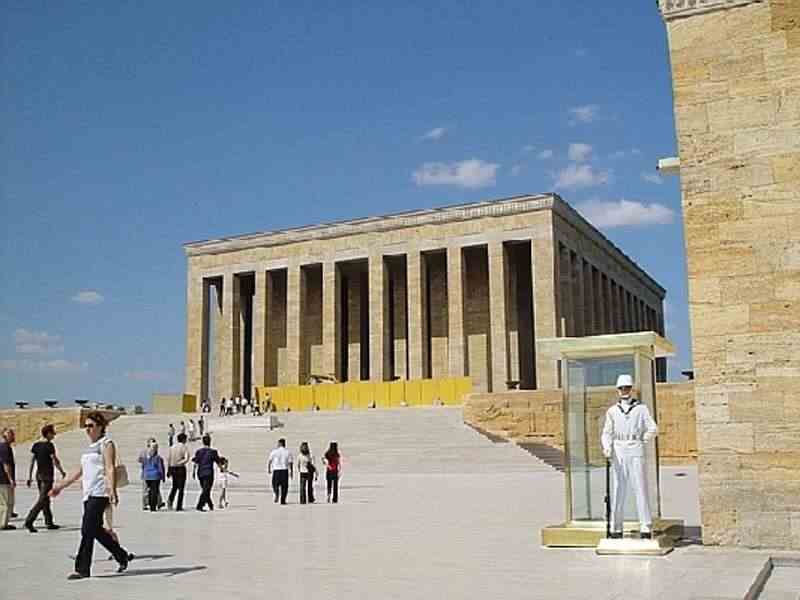
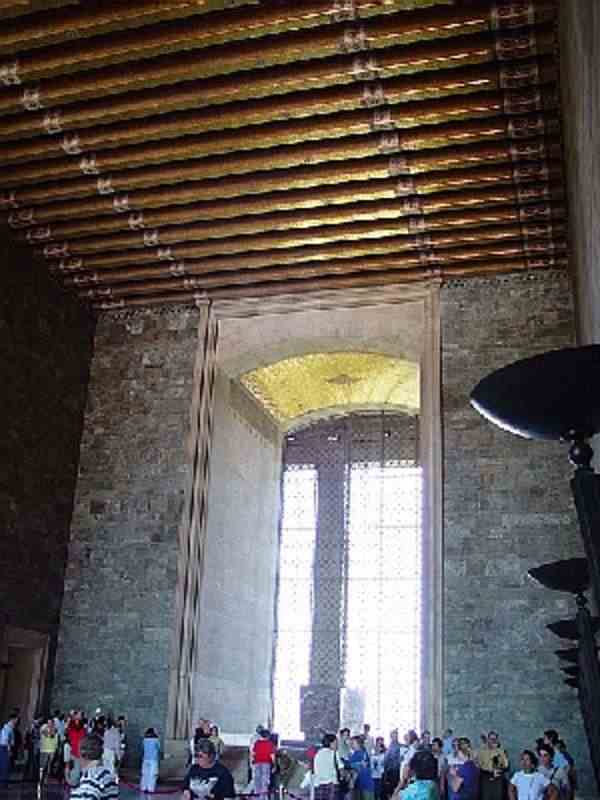
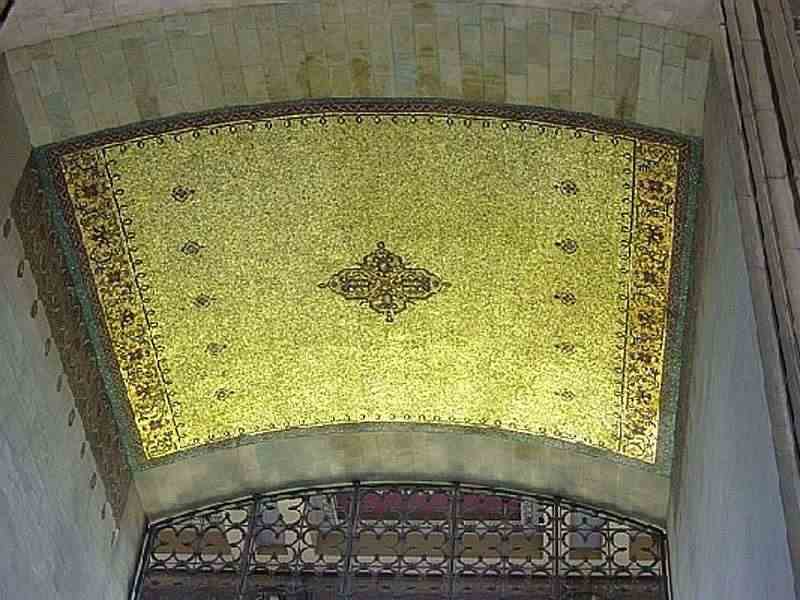

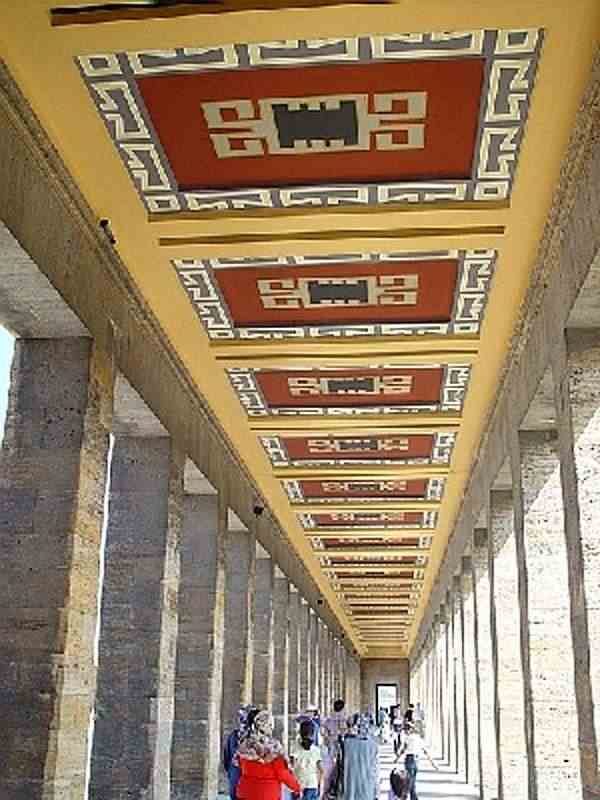
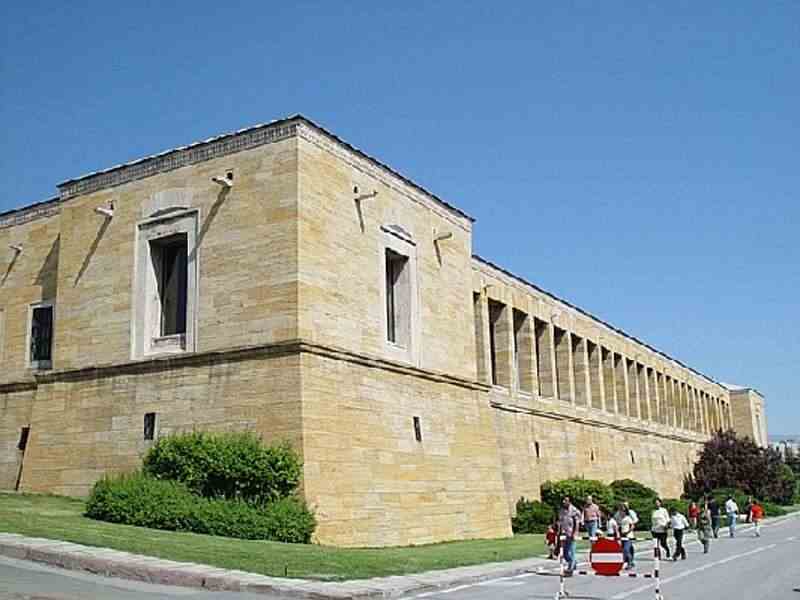
At the Museum of Anatolian Civilizations at Ankara.
The museum had an
outstanding collection of paintings and artifacts from the Neolithic Age
(New Stone Age ~ 7250-5500BC) and the Bronze Age (2600-1000BC).
The
Hittites, a people who spoke an Indo-European language,
overran this
area and established themselves as the ruling class during the Middle
Bronze Age (1900-1600BC).



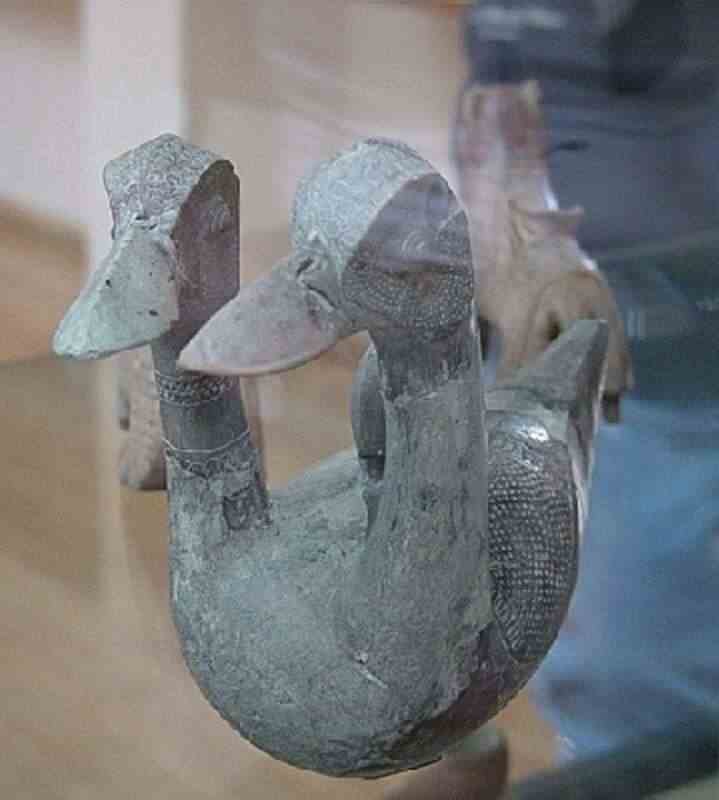
The museum is housd in a 15th Century caravanserai and covered bazaar.
The Neolithics were the first people to grow crops and to domesticate
animals (maybe fed from human breasts) and hence this led to the first
settlements.
Some of the Neolithic paintings and artifacts came from Catal Hoyuk, one of man's oldest known civilizations.
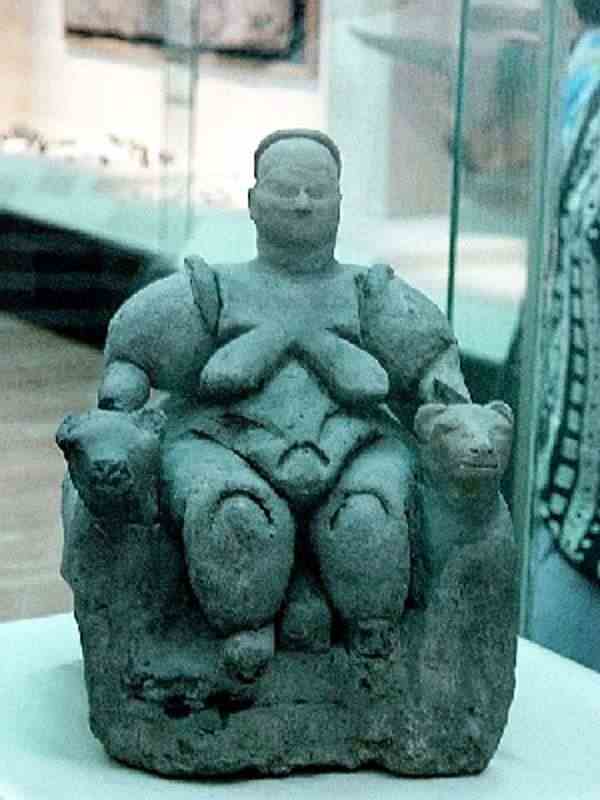
Gordion
This lage
earth mound is the tumulus (tomb) of King Midas. It has been dated to
the 8th century BC.
It was under restoration inside but we saw a replica
in the museum at Ankara - an elaborate structure built in stone,
a
compacted pebble layer and wooden walls and ceiling.
Around
1200BC, the Hittite Empire collapsed and left a vacuum in which the
foundation of new city kingdoms formed.
The Phyrgians were one of the
more important of these civilizations.
